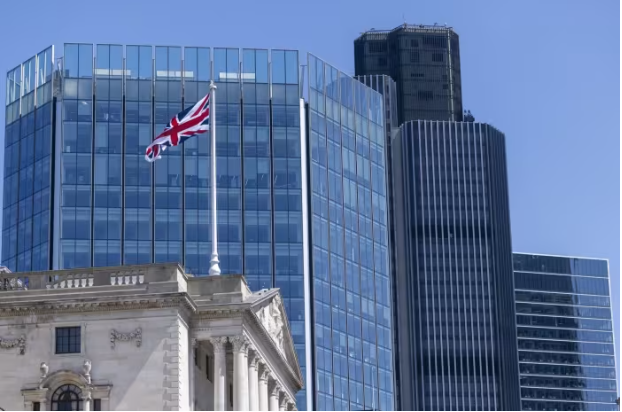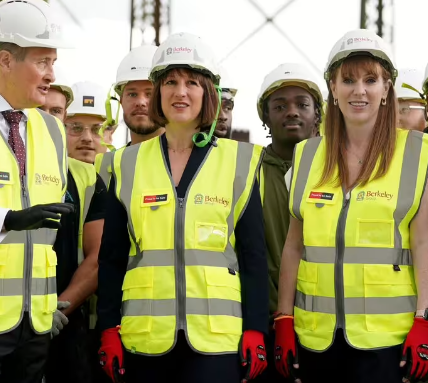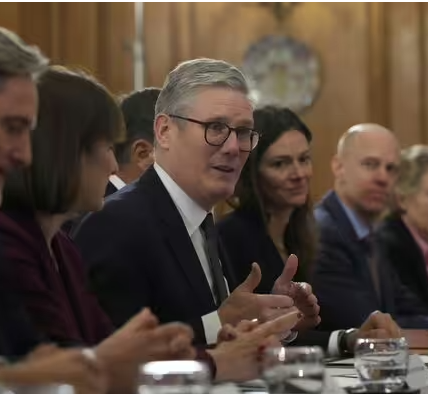The country’s economic output was no higher in July, continuing the stagnation booked in June

The U.K. economy flatlined in July, a snag for the Bank of England as it attempts to nail a soft landing from the inflation shock caused by Russia’s full-scale invasion of Ukraine.
The country’s economic output was no higher in July, continuing the stagnation booked in June, official figures showed Wednesday. That defied economists’ expectations for a return to growth over the month, and raises doubts over the economy’s course over the rest of this year, after a first half that saw it grow more rapidly than the U.S. and most of its European peers.
U.K. activity had expanded four of the previous six months of the year, constituting a rapid recovery for an economy that contracted in the second half of 2023 and has endured more than a decade of anemic growth.
The most recent of a series of setbacks for the economy came in the form of a surge in energy and food prices following Russia’s invasion of Ukraine, and a sharp rise in interest rates as the Bank of England moved to tame that surge in inflation.
Despite two months of stagnation, the BOE looks set to leave interest rates on hold when its policy committee meets next week, in line with the expectations of investors.
The U.K. isn’t staring down the barrel of another recession and inflation is probably still sticky enough to stay the BOE’s hand next week, economist Ruth Gregory at Capital Economics wrote in a note to clients.
The bank has stressed that it remains vigilant about the possibility of a renewed spike in inflation, despite signs this week of further slowdown in wage growth.
Those slower pay rises paint an encouraging picture for the BOE, Deutsche Bank economist Sanjay Raja said.
“But it won’t necessarily give them the confidence to cut when they meet next week,” he wrote in a note to clients.
Services output offered some impetus to the economy in July, with the retail trade boosted by the summer’s sporting events. Industrial production unexpectedly fell, furthering the weakness in a sector that contracted over the second quarter.
July was a particularly poor month for car and machinery firms, while construction also declined, the statistics authority said. A widening deficit in the goods trade also weighed on growth, as exports slumped more than 10% on the month.
The new Labour government has said that it is determined to boost growth, but has also warned that it will have to raise taxes and limit spending to bring down high levels of debt.
Limping trade with the rest of the world could threaten the development of the economy ahead, warned George Roberts, a trader at financial-services firm Ebury.
“The government should look to kickstart growth in this hugely valuable sector if it wishes to sustain the U.K.’s economic achievements in the years to come,” he said.



